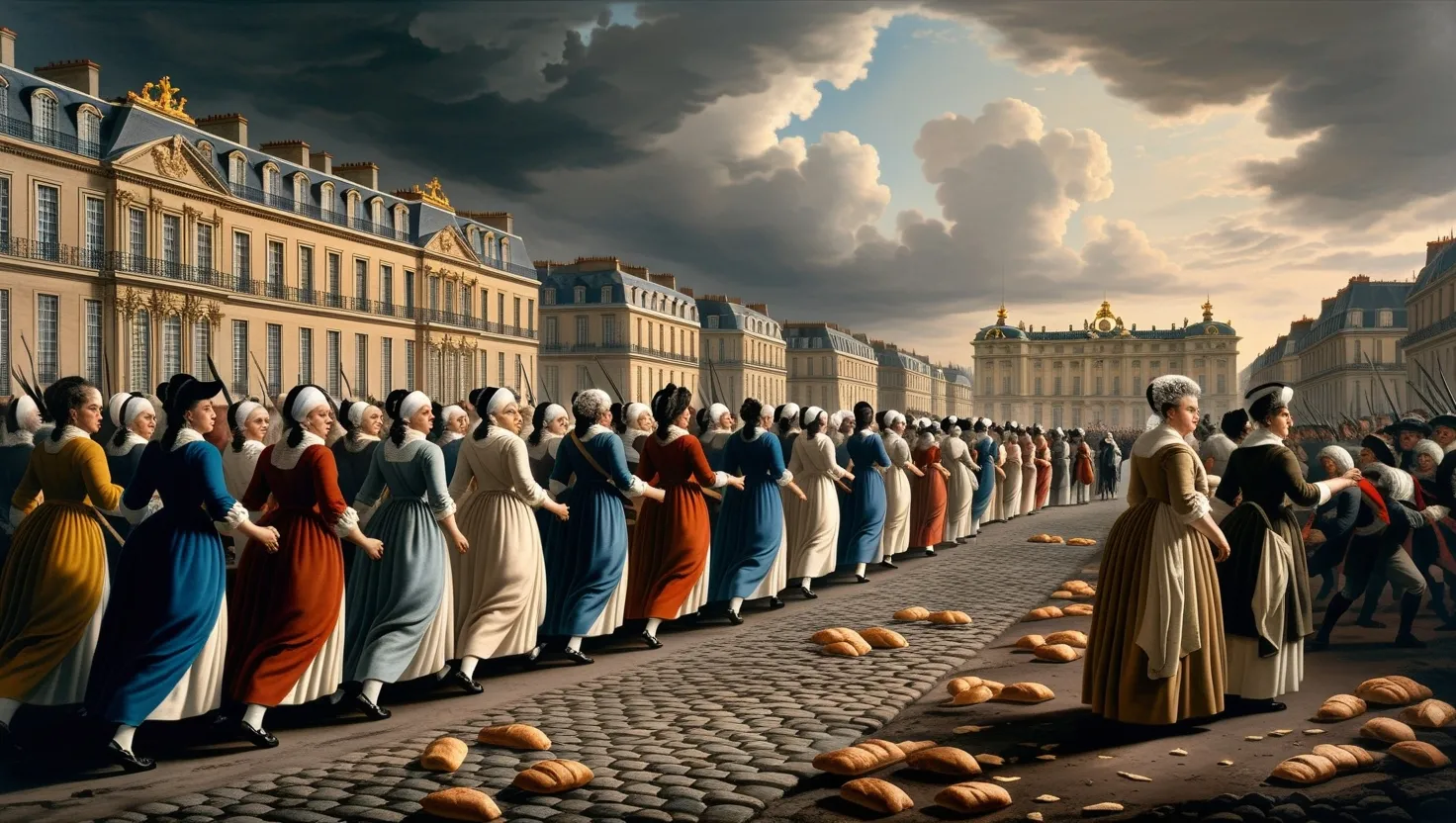Johannes Gutenberg is often credited with creating the first printing press, a revolutionary invention that transformed the way information was disseminated. Born around 1393 in Mainz, Germany, Gutenberg was a goldsmith, gem cutter, and metallurgist. His work on the printing press began in the late 1430s, and by 1440, he had perfected his movable-type printing system.
Gutenberg’s innovation involved using small metal pieces with raised letters, known as movable type, which could be rearranged to print different texts. This was a significant improvement over earlier methods like block printing, where each page had to be carved into a single block of wood. Gutenberg’s press used a combination of lead, tin, and antimony to create durable type pieces and a linseed- and soot-based ink for printing on handmade paper.
The first major project Gutenberg undertook with his new press was the printing of the Gutenberg Bible, a Latin version of the Bible. This project was groundbreaking not only because it was the first book printed in Europe but also because it showcased the aesthetic and technical quality of Gutenberg’s printing technique. The Bible was printed in two volumes, each containing 643 pages, and only 22 of the original 200 copies are known to exist today.
Gutenberg’s invention had a profound impact on society. It made books more accessible and affordable, leading to a significant increase in literacy rates. The printing press played a crucial role in the Protestant Reformation by allowing religious texts to be widely distributed, enabling more people to read and interpret the Bible for themselves. This democratization of knowledge also contributed to the Renaissance and the scientific revolution, as it facilitated the dissemination of ideas across Europe.
Despite his contributions, Gutenberg’s financial situation was precarious. He had to borrow money from his business partner, Johann Fust, to continue his work. Eventually, Fust took control of Gutenberg’s printing business, and Gutenberg died in 1468 with little recognition for his achievements.
However, it’s important to note that Gutenberg was not the sole inventor of the printing press. Movable type had been used in East Asia centuries before his time. The earliest known movable-type-printed book is the Korean “Baegun Hwasang Chorok Buljo Jikji Simche Yojeol,” which dates back to 1377. This highlights that the development of printing technology was a gradual process involving many innovators over several continents.
Gutenberg’s legacy extends beyond his invention. He is celebrated as one of the most influential figures in human history, and his work laid the foundation for modern publishing. The spread of the printing press across Europe and beyond was facilitated by German merchants and printers who established presses in various cities. This led to the development of distinctive regional styles in book printing and the production of notable works like the Complutensian Polyglot Bible.
In summary, Johannes Gutenberg is widely recognized for his role in creating the first practical printing press, which revolutionized communication and knowledge dissemination. While he built upon earlier innovations, his contributions remain pivotal in shaping the course of human history.






